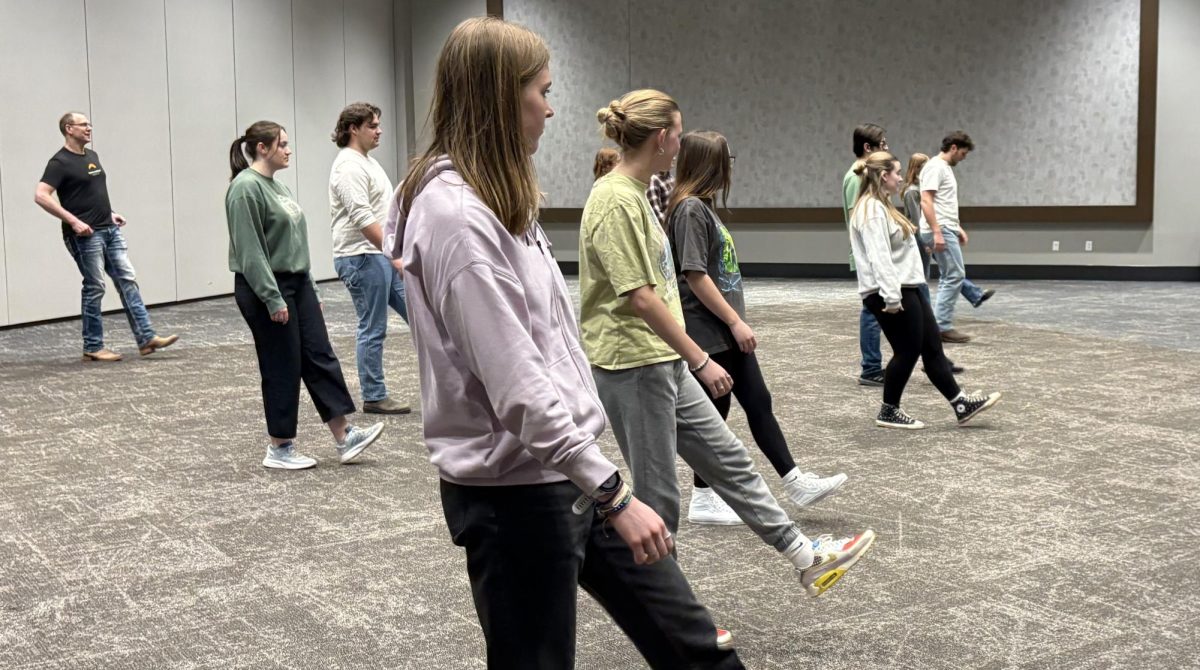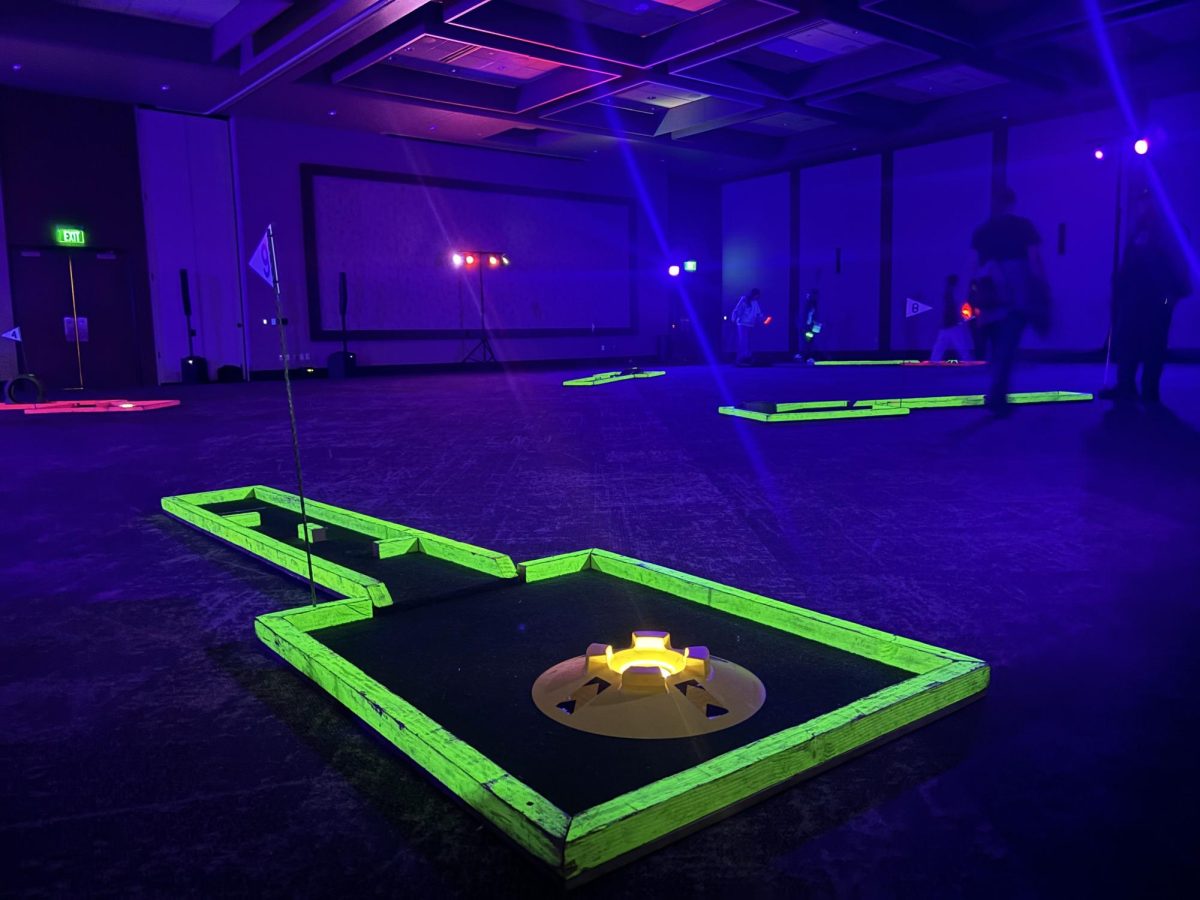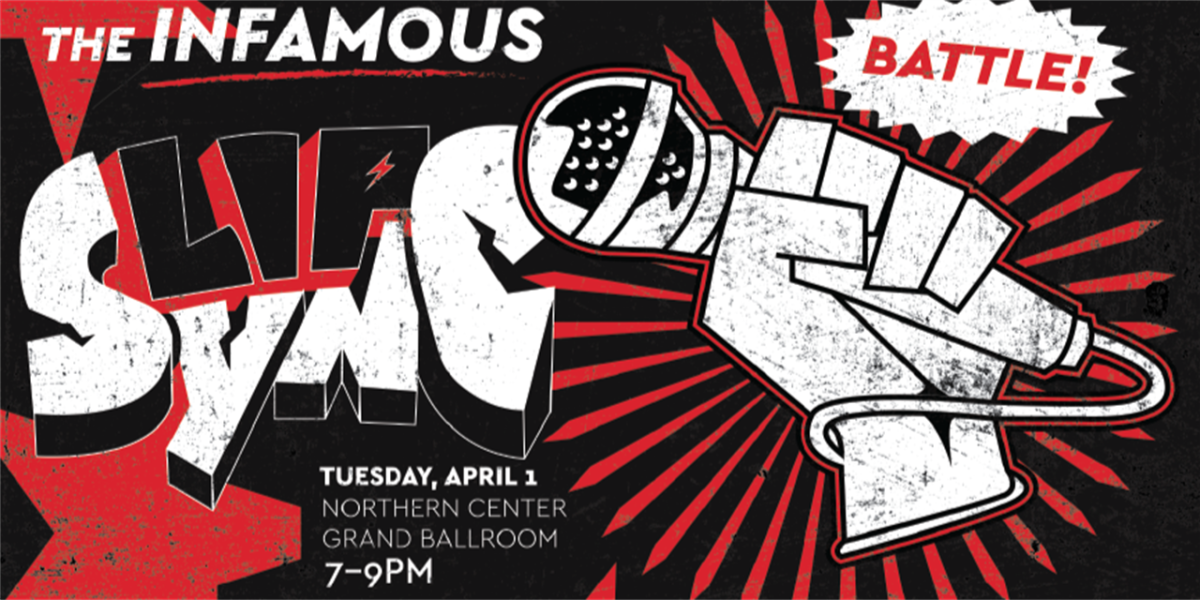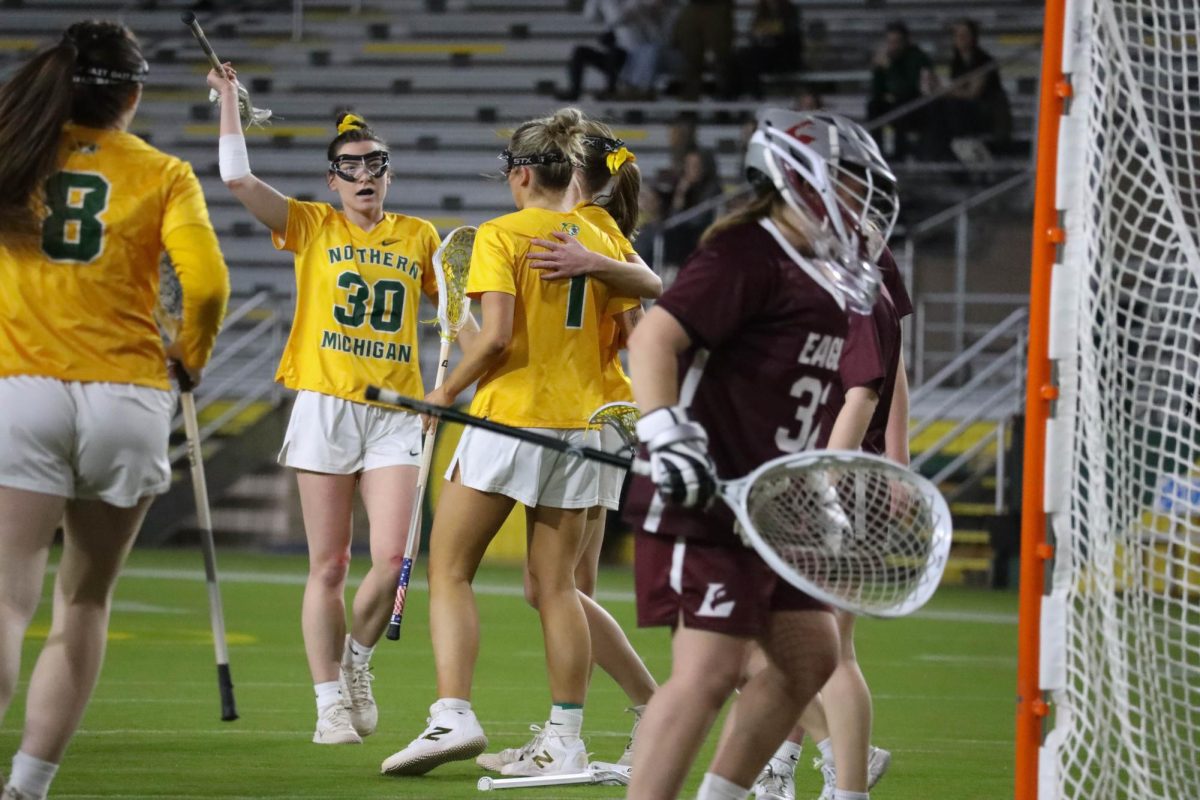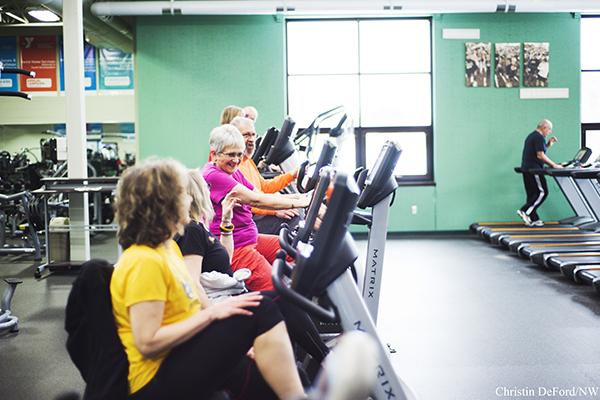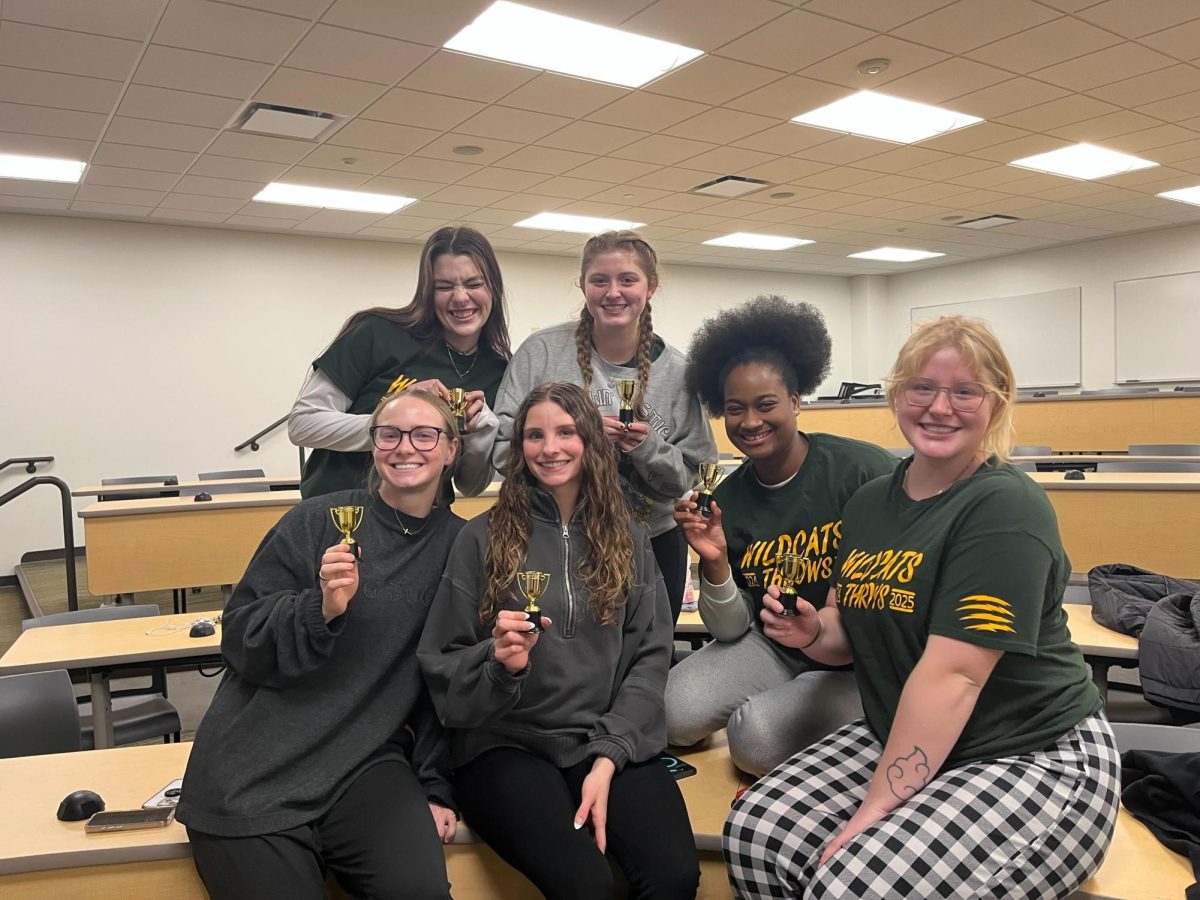For survivors recovering from cancer, which is better—the thrill of climbing a wall or doing pushups in the gym?
Beginning March 15, 2017 NMU’s school of health and human performance will conduct an 8-week research study on former cancer patients to determine the effects of traditional exercise methods, such as treadmills and weight lifting, versus non-traditional exercise, particularly rock climbing activities.
The hypothesis they wish to validate is that activities like climbing have greater positive emotional benefits than traditional exercises would, said Scott Drum, associate professor of exercise physiology. Drum leads the project with the help of other faculty and two graduate students who will record the data.
Drum said he is excited to incorporate climbing into the research because it will hopefully inspire participants to enjoy other active recreations as well.
“There are always going to be physical benefits to traditional training but we are more interested in the psychological,” he said. “We are trying to get cancer survivors back to more of a norm. One way we can do that is through the positive novelty of this exercise. We are opening the door to other activities and hopefully into a lifelong love of getting back outdoors.”
To be participants in the study, the cancer survivors must be finished with all surgery and chemotherapy treatments and be approved by their doctors to begin exercise. They can be ages 18 to 65 and survivors of any cancer type.
At the start, each participant will be assessed physically and also psychologically by a health-related questionnaire, to record their individual baseline measurements. For the first four weeks, all participants will do traditional gym exercises to improve their cardio, aerobic, flexibility, balance and muscular fitness, tailored to their unique ability levels.
At the four-week mark, they will be measured again and then split into two separate groups. One group will continue doing the traditional exercises, while the other will focus on climbing-style exercises like bouldering and eventually the climbing wall in the PEIF.
“[The climbing] will be a group phenomenon as well,” Drum added. “They’re going to go through the same training and have doubts a little bit about, ‘Can I do this?’ I think it’ll be really positive.”
Afterward, the groups will be assessed and the results compared. The findings will be published in a peer-reviewed journal. At the very least, Drum expects to find that the non-traditional exercise is equal in value to the traditional, but he hopes the psychological benefits will be substantial.
Six participants are currently enrolled, but individuals can sign up any time before the study begins.The project will be similar to the YMCA’s national program Livestrong, which also helps cancer survivors recover. In the future, NMU’s studies may cooperate more with the Livestrong program in Marquette.





